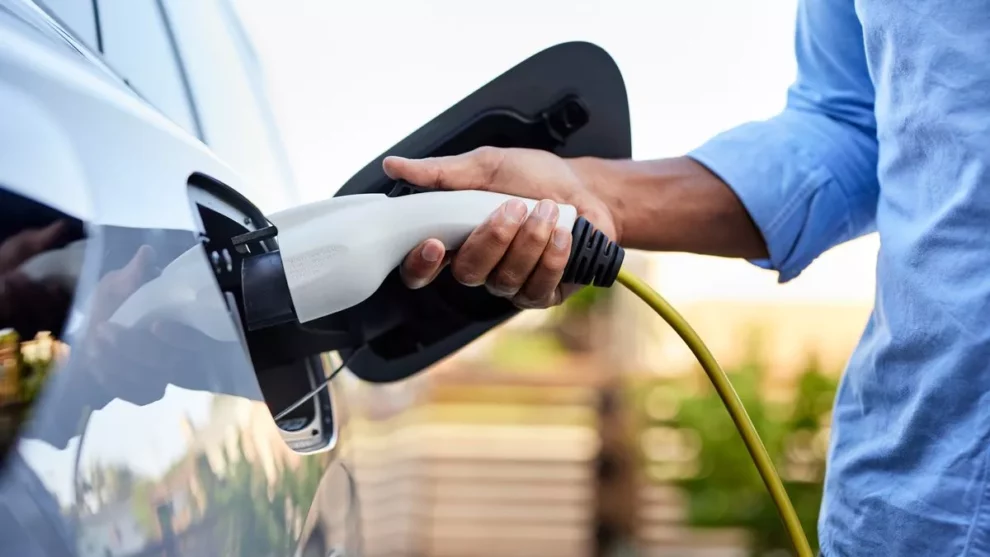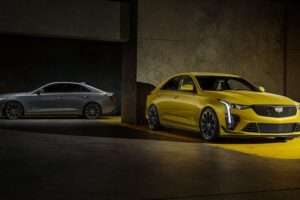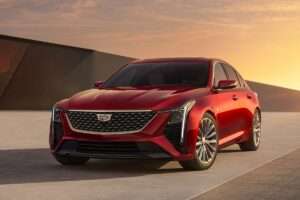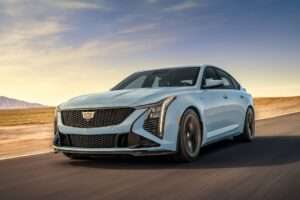Electric vehicles continue generating intense debate, with misconceptions often drowning out factual information. Automotive engineers, environmental scientists, and power grid experts help separate myth from reality regarding modern electric vehicles. Understanding actual EV capabilities and limitations helps potential buyers make informed decisions while current owners optimize their experience.
Range Anxiety Reality
Modern electric vehicles regularly achieve ranges exceeding 250 miles per charge, with some models approaching 400 miles. Engineers explain that actual range varies with driving style, temperature, and terrain, just as gasoline vehicle efficiency does. Understanding these factors helps owners plan appropriately while maintaining confidence in their vehicle’s capabilities. Most owners report that actual daily driving rarely approaches range limits.
Charging Speed Science
Fast-charging technology continues advancing rapidly. Power systems engineers explain that modern DC fast chargers can add 200 miles of range in approximately 20 minutes, while home charging easily replenishes daily use overnight. Understanding different charging levels helps owners optimize both daily charging and road trip planning. Most owners find that home charging provides complete convenience for daily needs.
Battery Lifespan Facts
Modern EV batteries regularly exceed 200,000 miles while maintaining over 80% capacity. Materials scientists explain that proper charging habits and thermal management systems protect battery health effectively. Understanding degradation factors helps owners maximize battery life through simple habits. Warranty coverage typically protects against excessive deterioration.
Environmental Impact Analysis
Lifecycle analysis shows that EVs produce significantly lower emissions than gasoline vehicles, even considering manufacturing. Environmental scientists explain that grid power continues getting cleaner, further improving EV environmental benefits. Understanding regional power generation helps evaluate local environmental impact. Solar charging can virtually eliminate operational emissions.
Winter Performance Truth
Cold weather affects all vehicles, with EVs requiring specific consideration. Engineering tests show that while range typically decreases 20-30% in extreme cold, proper preparation maintains reliable operation. Understanding cold-weather techniques helps owners maintain performance year-round. Preconditioning while plugged in preserves range effectively.
Grid Capacity Reality
Power grid engineers explain that existing infrastructure can support widespread EV adoption through managed charging. Smart charging systems help balance grid load while reducing charging costs. Understanding time-of-use rates helps owners optimize charging economics. Grid improvements continue expanding capacity systematically.

Maintenance Requirements
Electric vehicles typically require significantly less maintenance than gasoline counterparts. Service technicians explain that eliminating oil changes, spark plugs, and transmission service reduces maintenance needs substantially. Understanding actual service requirements helps owners plan appropriately. Regenerative braking often extends brake component life significantly.
Fire Risk Facts
Safety data shows that EVs experience fewer fires per mile than gasoline vehicles. Fire safety experts explain that while EV fires require different suppression techniques, they occur less frequently than fuel fires. Understanding proper emergency response helps maintain appropriate perspective. Modern designs include multiple safety systems.
Raw Material Reality
Materials scientists explain that battery recycling technology continues advancing rapidly. Recycling facilities already recover most battery materials for reuse, while new battery chemistries reduce critical material needs. Understanding recycling capabilities helps evaluate sustainability concerns. Manufacturing continues becoming more efficient.
Performance Potential
Electric motors provide instant torque delivery that often exceeds gasoline vehicle capability. Automotive engineers explain that EVs regularly outperform comparable gasoline vehicles in acceleration while providing smooth, quiet operation. Understanding performance characteristics helps evaluate capability appropriately. Many owners report enhanced driving enjoyment.
Home Charging Installation
Electricians explain that most homes can accommodate EV charging through simple circuit installation. Understanding electrical requirements helps plan appropriate installation. Many utilities offer installation assistance programs. Most homes already have adequate service capacity.
Cost Consideration Reality
While EVs often cost more initially, total ownership cost analysis shows many EVs cost less over time. Financial analysts explain that reduced fuel and maintenance costs often offset higher purchase prices. Understanding all cost factors helps evaluate actual ownership expenses. Tax incentives often reduce initial cost significantly.
Insurance Impact Truth
Insurance data shows that EV repair costs continue decreasing as repair techniques evolve. Insurance analysts explain that while some EVs initially cost more to insure, rates typically align with comparable vehicles over time. Understanding insurance factors helps evaluate actual ownership costs. Many insurers offer EV discounts.
Charging Infrastructure Growth
Charging networks continue expanding rapidly across most regions. Infrastructure planners explain that strategic station placement supports both daily charging and road trip needs. Understanding network development helps evaluate practical usability. Home charging reduces public charging dependence significantly.
Technology Evolution Speed
Electric vehicle technology continues advancing rapidly in range, charging speed, and capability. Engineering teams explain that regular software updates often enhance existing vehicle capability. Understanding technology trends helps evaluate purchase timing appropriately. Current technology already meets most drivers’ needs effectively.
Remember that electric vehicle technology continues maturing rapidly while charging infrastructure expands systematically. Understanding actual capabilities and requirements helps evaluate EV suitability for specific needs while optimizing ownership experience. Regular advances continue enhancing practical usability while reducing operating costs.















Add Comment